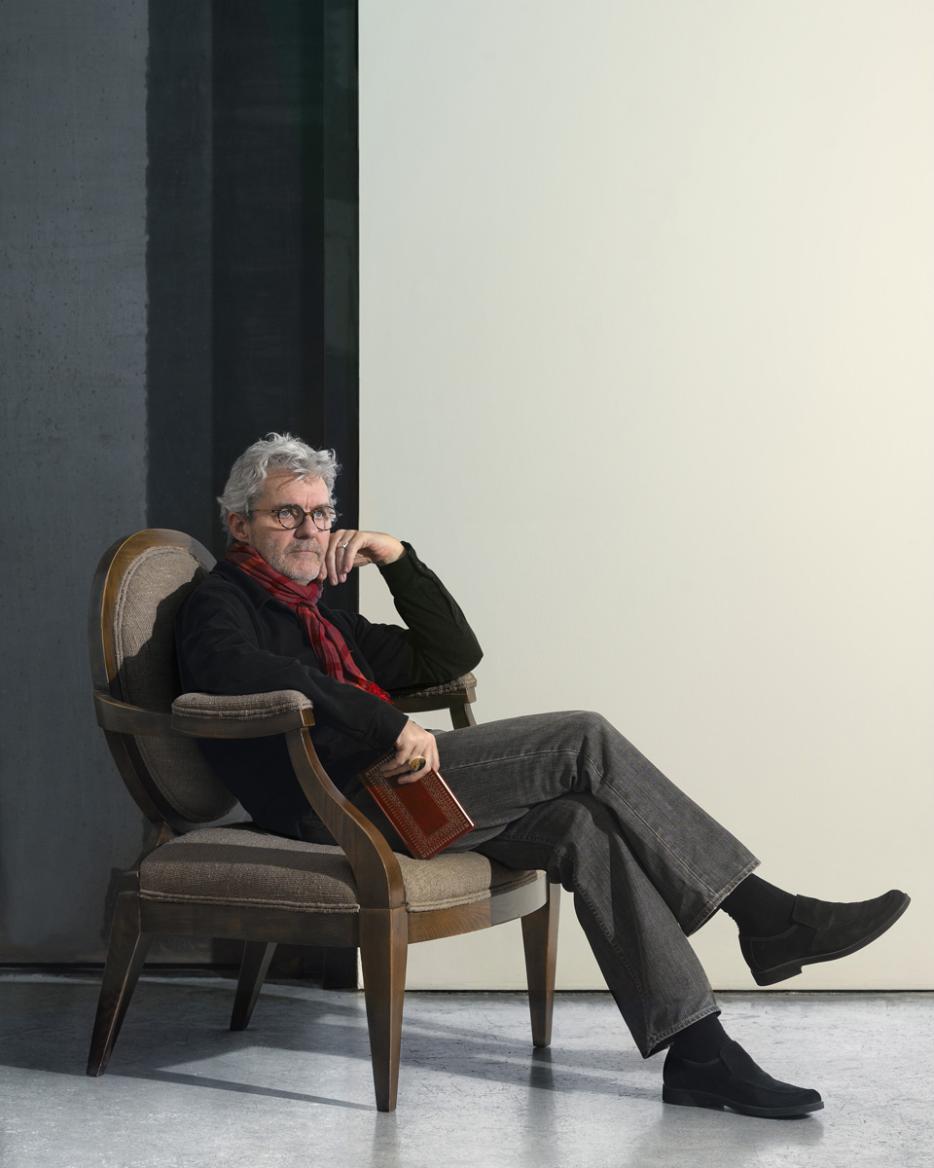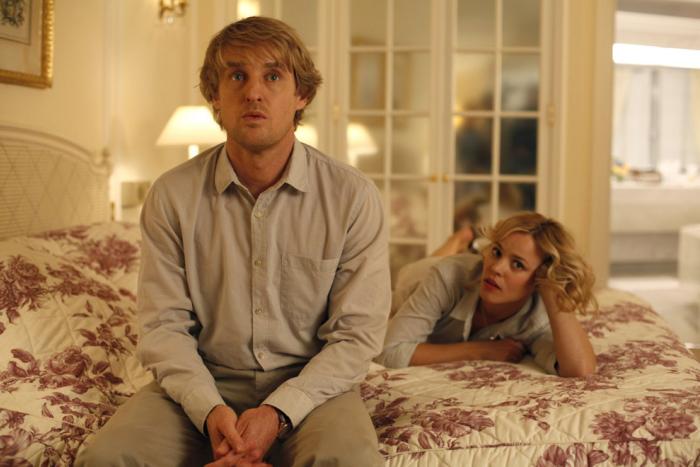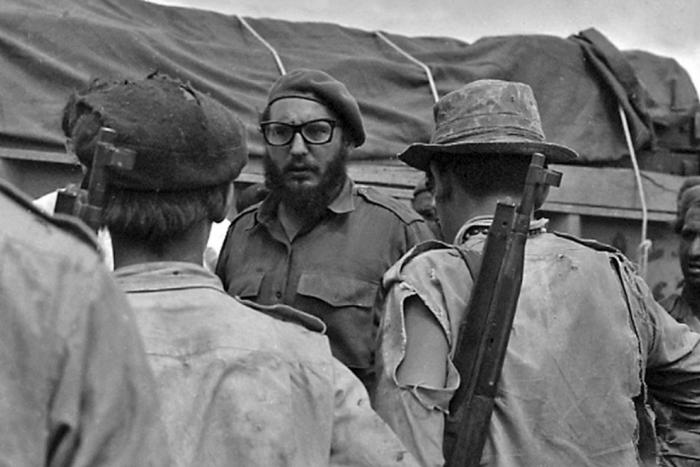CS Richardson is an author (and book designer) based in Toronto. His first novel, The End of the Alphabet, was an international bestseller, published in fourteen countries and ten languages, and won the Commonwealth Writers Prize for Best First Book (Canada and the Caribbean). He second novel, The Emperor of Paris, was published this past summer. CS Richardson reads with James Clarke, Max Layton, Beatrice MacNeil, and Irvine Welsh on October 28 at IFOA.
First, second or third person?
Sometimes I write, sometimes you write, but most of the time he writes.
Nabokov had lepidopterology, Hemingway had the hunt. Do you have an extra-lingual obsession?
More of profound interest than obsession: women. And not all that extra-lingually, either.
Which writers do you wish were more widely read?
I’m sure they’re having no trouble finding readers in their native France, but over here Jean Echenoz and Jean-Pierre Toussaint deserve a little more space on everyone’s nightstand.
Which rules of writing do you think should be ignored?
All of them, excluding “write every day.” “Write what you know” sits at the top of my do-not list.
Beg, borrow and steal—are there any books you go to when you’re stuck?
Silk by Alessandro Baricco; The Pax Britannica Trilogy by James (now Jan) Morris; more recently its been Power of Art by Simon Schama.
The books business is changing. What elements of the game are you happy to see fall to the wayside? What gives you hope?
Don’t let the door hit you on the way out: the notion that a “proper” novel must be a certain length, or that by virtue of setting or author nationality alone it is automatically worthy. And hope springs from seeing technology bringing books and reading to people who have never seen, let alone set foot in, a bookstore.
Do you think it’s fair to call writing a game? (Some writers, mostly men for example, have likened it to boxing.) Or would you prefer another metaphor?
Wack-A-Mole is a game. Writing is work. If you want a metaphor, here’s one: masonry. Stone by stone by stone, laying down words until your knuckles bleed. Then, with any luck, you hand your editor a cathedral.
Can you give any #protips on delivering a good reading performance?
Read something funny. Don’t do voices. Tell a mini-story. Fifteen minutes MAX. Dismount gracefully.
Do you have any personal tips for surviving a literary festival?
Plenty of fluids, plenty of Sharpies. And a working credit card so you can buy all those books by authors you’ve now discovered that are far better (at writing and reading) than you.
What’s your ultimate past, present, or imaginary IFOA high point?
This is my first IFOA and I’m not on the bill till the last day so it will have to be imaginary: one-man-show, proper theatre with proper stage and proper seating (including balcony), full house, podium at perfect height with handy/level shelf for bottle of water, microphone just close enough (but not so close as to block my view of what I’m reading), dramatic lighting. Then 30 minutes of my voice sounding miraculously like Cary Grant.
What’s the strangest thing that you’ve seen happen at a literary festival or reading?
Being on a writers’ panel at a festival in Portugal. I’m the only author wearing headphones (like at the U.N.) I watch the translator at the back of the room shrug her shoulders as she tries to decipher my English. In said headphones someone else is speaking in Portuguese (of which I understand not a word), while the author next to me (who I can hear despite the headphones) is speaking in Spanish. I think.
Which dead writer would you most like to sit on a festival round table with, and what would you discuss?
Shakespeare: Olivier or Branagh?
On a scale of one to Proust, how would you rate your experience answering this questionnaire?
Proustian, but neither as long nor as dull. There, I said it.






